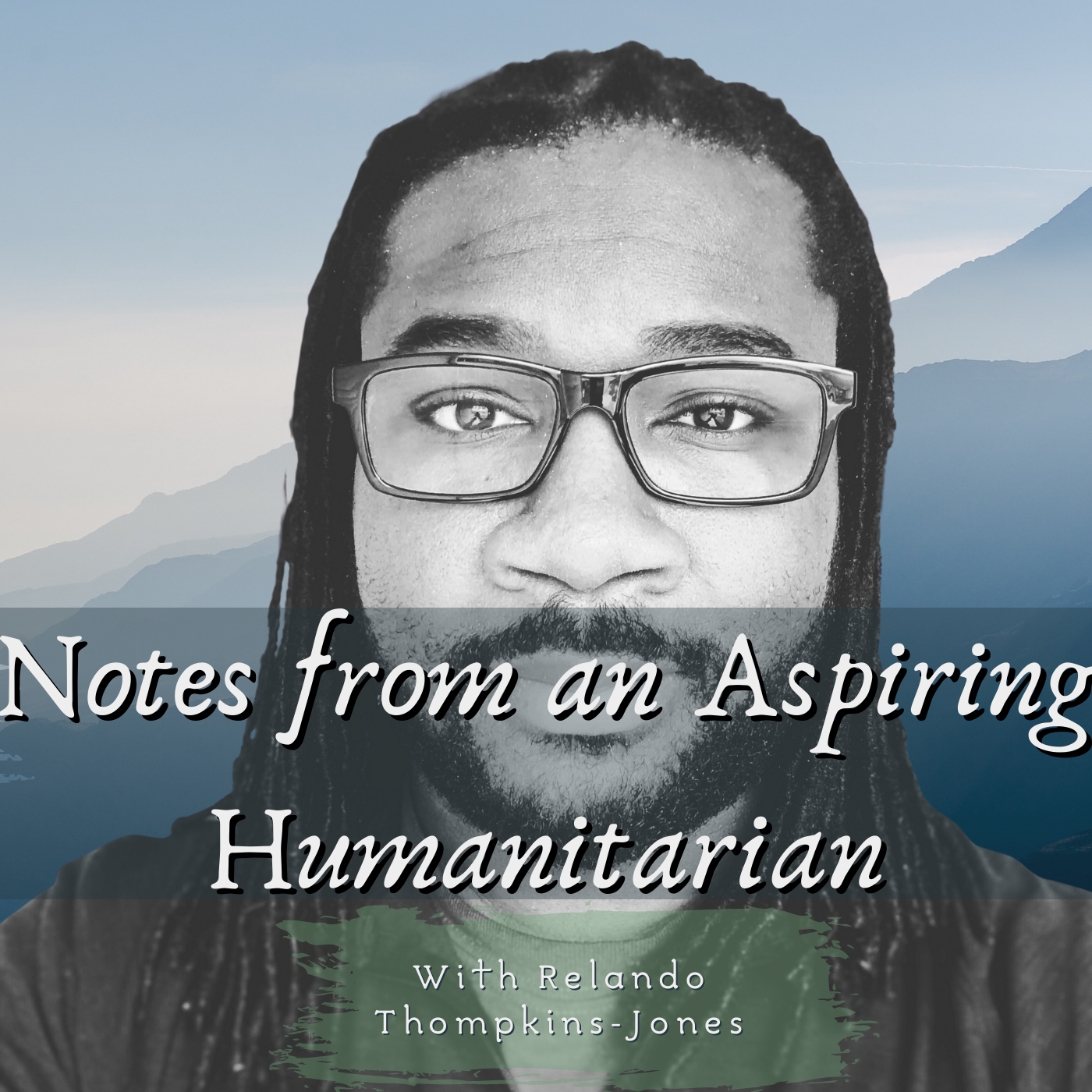Intragroup Reflections: Survival In Higher Ed Is Important, But So Is Moving The Needle

“Our trouble is that too many people are fooled by a tie, and a penchant for inflammatory statements…This ethos is the reason why his horrific tweet exists. If vulnerable communities allow swindlers to peddle their petulance across our hoods, we’ll continue to see his rendition of respectability politics police the ways and means that black culture exists. There’s plenty of money to be made in telling everyone black kids, specifically boys, need to be controlled and managed.
A tape-up and a nice tie won’t keep the bullets away from our black bodies. Pulling our pants up and aligning our values to the military sounds ridiculous on its face as well. Changing our aliases to more Euro-centric names might lead to more jobs, but won’t help us keep our jobs longer than our white counterparts, much less give us that elusive promotion. Staying up past our bedtimes won’t make us more resilient; if anything, lack of sleep would add more stressors to a community already suffering from a myriad of diseases and preventable conditions. Speaking in the King’s English won’t pause the school-to-prison pipeline and the lack of wraparound supports our schools need to survive the trauma associated with their lives.”
Black people not a monolith, and at times, we have clear disagreements about how to navigate and survive life within a system of White Supremacy. The following is a reposting of a response I shared in an online community of Black Student Affairs Professionals while considering conversations around assimilation, respectability, and actively challenging White Supremacy from where we sit in the institution of higher education.
Sharing this poem by Maya Angelou from 1987 today. It hits me hard every time I hear it.
The most painful thing about this piece to me is that, although she said that people paid for us already, many of us today still need to wear a mask in order to navigate, survive, and ensure the progress of the next generation in this system of White Supremacy while at the same time, working to dismantle it.
I remain appreciative of the work that has been done in the past, and often ask myself how I am making good on those sacrifices.
I think we can hold multiple realities simultaneously. I think we can talk about things like survival and “navigating the system” and still recognize and be committed to critiquing the system, changing the system, dismantling the system with whatever agency we have.

I’m reminded of James Baldwin’s words that to be a negro in America and to be relatively conscious is to be in a constant state of rage. I think of how he also said that the first problem is controlling that rage so it doesn’t destroy you.
I teach and work in social justice education, and I could not inhabit the spaces that I do, and talk about the things I talk about without those personal sacrifices for survival, as well as the work to push the envelope.
One of the ways that I have received feedback from Black students on helping them to channel their own rage so it doesn’t destroy them, is through the use of education that describes the systems of oppression, and frees some students who may have grappled with internalized racism for much of their lives with the understanding that where they are, and where their family is, be it socioeconomically, health wise, etc, is not entirely their fault as they are often told, among many other liberating aspects.

There’s another quote I like that says when a flower doesn’t bloom, you fix the environment in which it grows, not the flower. My fear and critique is that often in spaces I inhabit at least, be they real-world or online, the flower: our students, ourselves, are often blamed for our oppressed conditions with little to no acknowledgement of the sickness and illegitimacy of the environment. I worry that some of our students especially, who will one day come behind us will internalize that blame when it is not theirs to bear, and pass it on to others.
For me, with acknowledging the sacrifices that were made, and are made, it will always be important to ask the critical question of, when we get into those positions of authority and influence that folks sacrificed for; where we can hire, fire, make policies, change policies, be visible, etc, to what degree are our actions reinforcing or disrupting the barriers that created the conditions that our ancestors struggled with? To what degree are our actions reinforcing or disrupting the barriers that create the conditions that our students and colleagues currently face?
There are prices to be paid for however we choose to navigate this, but these are legitimate questions to ask, even though it’s hard to talk about.
(Note: some of my readers who are white, may be tempted to comment your opinion on this. Don’t. Instead, look through these and if you find anything related to racial justice, share it with those close to you or those who have other forms of authority and talk about ways you can resist being complicit with white supremacy.)
From Aspiring Humanitarian, Relando Thompkins-Jones














